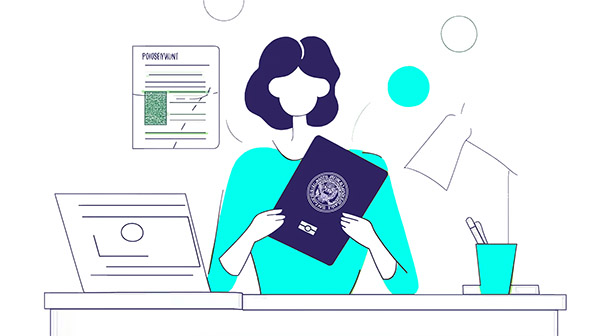
Ⅰ Visa | Policy
Do you need a visa for China?
Learn about the latest policy now.


Do you need a visa for China?
Learn about the latest policy now.
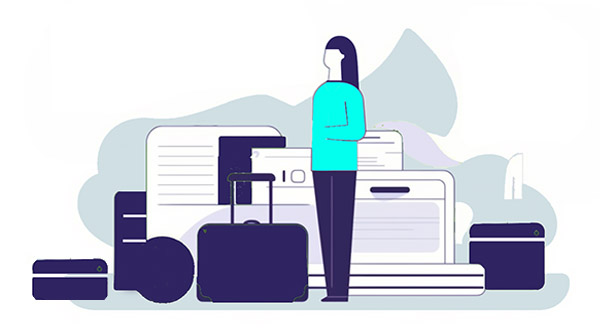
A list of items that are easy to overlook and overlooked but you’ll definitely need while traveling in China

Must-have apps in china for traveling and travel resources sharing.
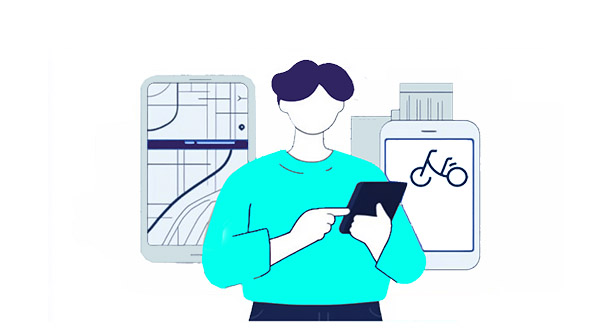
Intercity and intracity public transportation. And self-diving tour tips
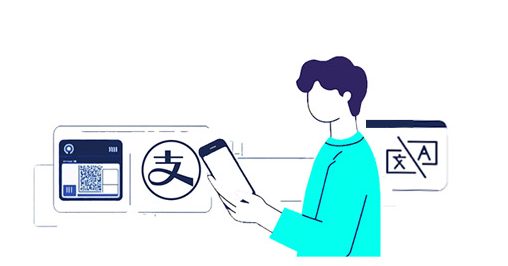
Payment service and tax refund policy for overseas visitors.
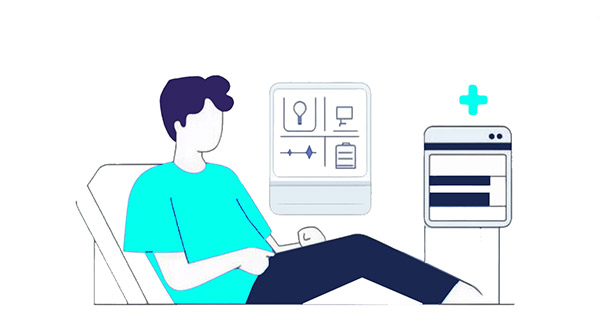
Medical Treatment and Purchasing Medication Call the police for help Emergency Contact Tap Water Extreme Weather Warnings Tips for Female Travelers Medical treatment flowchart International
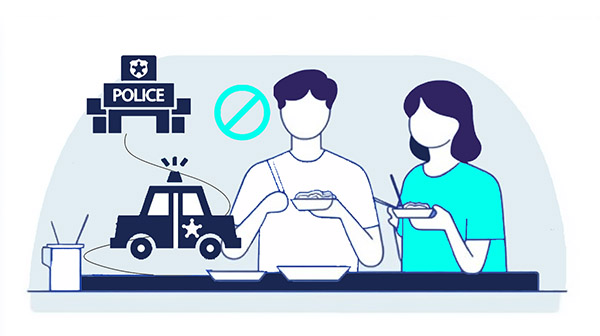
Laws & Regulations and a complete Guide to travel culture and etiquette in China.
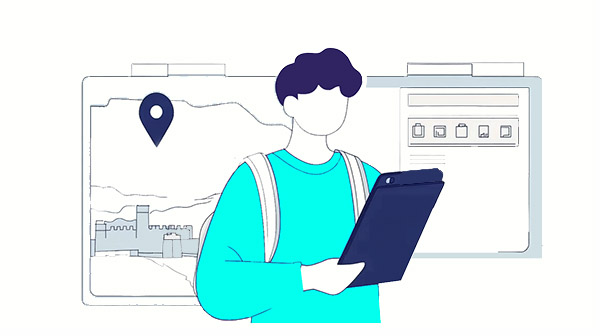
Medical treatment flowchart
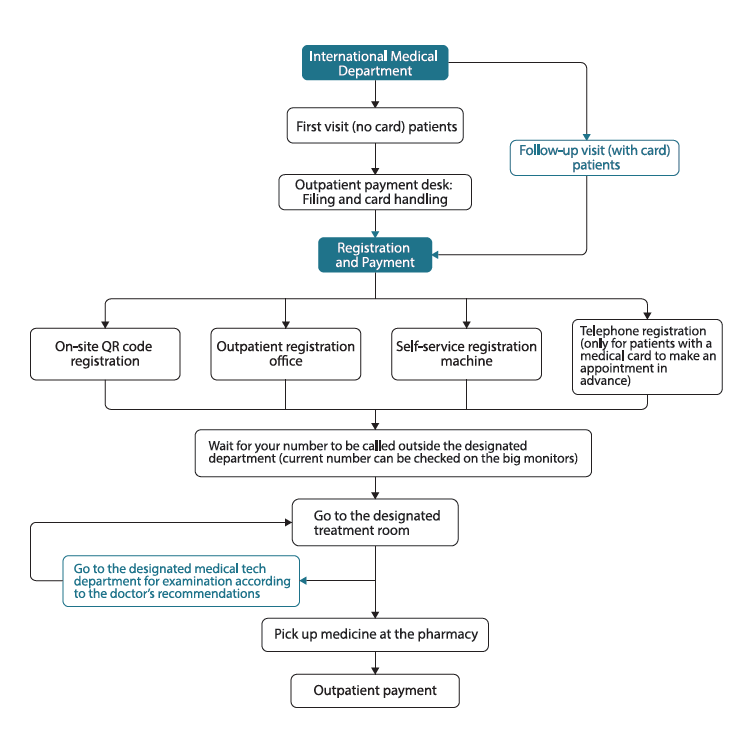
International Departments of Public Hospitals
Foreign-Funded/Joint Venture Clinics
01
The average response time for emergency departments in China’s Grade 3A hospitals is 8 minutes (faster than the US average), but for non-emergency situations, it is recommended to choose the international medical department to enhance the consultation experience.
02
24-Hour Foreigner-Friendly Pharmacies:
Precautions for Purchasing Medication:
Examples: Antibiotics (Amoxicillin阿莫西林), antihypertensive drugs (Amlodipine络活喜).


Examples: 999 Cold Remedy999感冒灵(contains caffeine, prohibited in some countries).
Frequently used helpline numbers
In China, people of all ages really trust the police. They’re seen as the ultimate safety net, and folks feel secure knowing they’re there. So, if you run into any trouble while you’re traveling here, don’t be shy – reach out to the police just like a local would! They’re usually really helpful and will make you feel safe.
That’s the police number!
110
In some cities, they can even help you in English – listen for a prompt to press “9” or say “English”
Threats to personal safety, sudden illness/serious accidental injury, lost children/elderly with dementia, fire/explosion/chemical leak, etc.
01
02
Required materials: Original passport + photocopy, evidence materials (printed/electronic), details of the amount involved (e.g., transfer records).
If the amount of fraud is ≥ ¥3000, a criminal case can be filed. Request the police to issue a 《受案回执》 (Case Acceptance Receipt) stating the case number for subsequent investigation and embassy assistance.
If there are language issues, you can contact your hotel or local friends for translation assistance, or call the +86-10-12308 Ministry of Foreign Affairs hotline to request translation coordination.
Loss of passport
In the event that you lose your passport, you should report your loss in a timely manner. You should also apply for a new passport, and go through the procedures of reissuance for a visa or residence permit.
The steps to be taken are:
Change of passport
If your passport is going to expire, you should consult with the embassy or consulate in advance regarding the time needed for passport extension or renewal to ensure that that you will be able to complete the passport extension process or obtain a new passport before the expiry of your visa or residence permit.
The following is also required:
Note: The above information is from “Welcome to China” an only for reference.
03

When a foreign mobile phone dials a Chinese landline number in China, it is necessary to add the China country code (+86) and the city area code before the landline number.
Example: +86-10 (Beijing Area/Telephone Code) -XXXXXXXX
01
When a foreign mobile phone dials a Chinese mobile phone number in China, it is necessary to add the China country code (+86) before the other party’s mobile number.
Example: +86-XXXXXXXX
How to make an international landline call to Beijing from abroad?
86-10 (Beijing Area/Telephone Code) -XXXXXXXX
How to make a landline call to Beijing from within China?
010 (Beijing Area/Telephone Code) -XXXXXXXX
You can also use specialized query websites to look up area codes.
You can use search engines like Google and enter keywords such as “China area code” to find the relevant codes.
02
Please save the contact number of your country’s embassy.
China’s emergency numbers can be dialed without a SIM card.
110 for police, 120 for medical emergencies, 119 for fire
TAP WATER
Foreign visitors should boil tap water or buy bottled drinking water.
Drinking the tap water directly is not recommended
We think it’s a great idea to bring your own reusable travel mug – one that can handle hot drinks!
♦We’ll send whatever you order straight to your hotel in China.
♦No need to stress about packing all sorts of bits and pieces – save that luggage space!
♦We want to make settling into China as smooth as possible for you.
Extreme Weather
Warnings
Search for the “China Weather Warning” mini-program on WeChat (with English interface):
real-time push of four-level color warnings (blue/yellow/orange/red).
Pay attention to typhoon paths in southern China (Guangdong/Fujian) during the summer
China is generally a super safe place – it’s actually in the top 20 safest countries in the world! We honestly can’t think of a single city where a woman traveling solo would be in any real danger. That said, here are some cities that go the extra mile in making women feel especially welcome and secure.
Super Safe
and
Female-Friendly cities
TOP 5
City Empowered by Digital Technology
City Empowered by Digital Technology
Waterfront Safety City
Three-Dimensional Protective City
City of Humanistic Care

I am text block. Click edit button to change this text. Lorem ipsum dolor sit amet, consectetur adipiscing elit.
Copyright © All Right Reserved